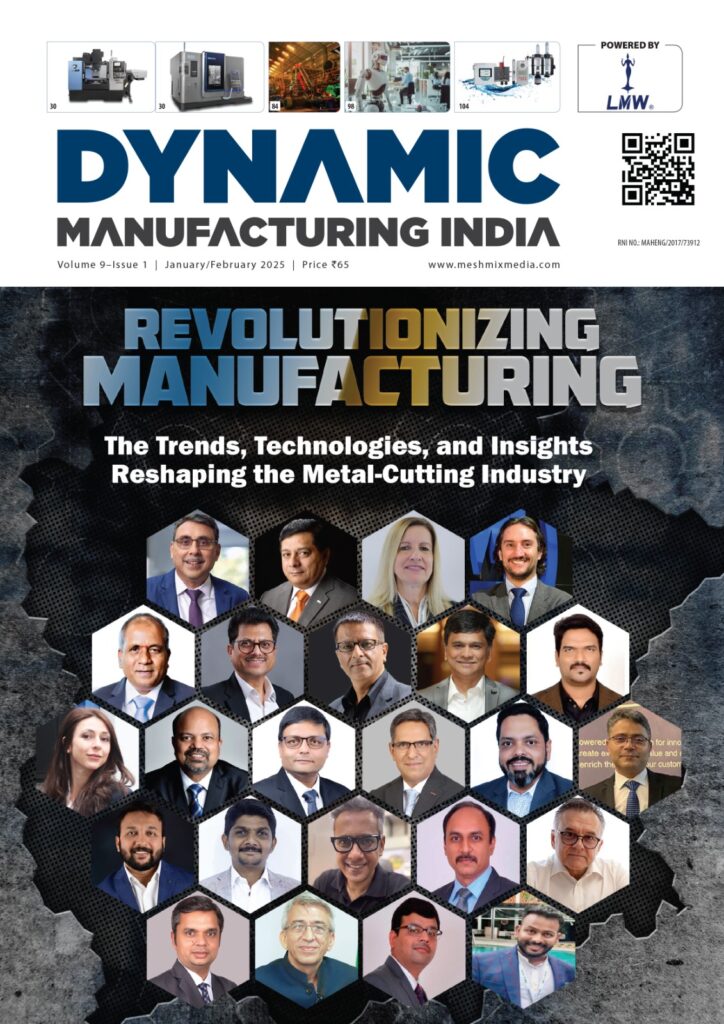Introduction and latest developments of Krebs & Riedel
We at Krebs & Riedel continually develop new grinding technologies and together with our application engineering team provide worldwide technical support to optimize the grinding process at our customers’ end. We look forward to expanding our operations in India and offering precision grinding wheels for almost every type of application. Cylindrical grinding, surface grinding, creep feed grinding, profile grinding, inner/outer diameter grinding, roll grinding, cutting, rough grinding, tool grinding, double-head surface grinding, centerless grinding, gear grinding, etc.
Double disc surface grinding with planetary kinematics – new fine grain specification

Double-disk surface grinding using planetary kinematics can be used to grind carbide materials such as Al2O3, glass, sapphire, ceramics (SiC, SiN), mixed ceramics, tungsten carbide including vitrified bonded diamond, and steels and metal alloys with vitrified bonds. We specialize in processing. CBN. We have developed a new fine grain specification for grinding large area surfaces in the nanometer range with high removal rates. We offer completely customized system solutions consisting of grinding wheels for double-disc surface grinding and matching cutting technology.
Top manufacturer of gear grinding

As a leading manufacturer of gear grinding, we are proud to produce a full range of gear grinding wheels for all industrial sectors. Since gears are now polished or precision ground, our solutions help increase gear efficiency and longevity. Our gear grinding products include profile grinding wheels, generating wheels, generating wheels with polishing or fine grinding zones, CBN vitrified grinding worms, baby grinding worms for interference contour grinding, bevel gear grinding cups, etc. Our company aims to expand business with renewable energy sectors, aerospace, automobiles, trucks, agriculture, and motorcycle and three-wheel vehicle manufacturers.
Silicon Carbide Grinding Wheel – First Class Grinding Quality

We currently offer vitrified bonded silicon carbide grinding wheels in grit sizes from 30 to 500. We offer polyurethane bonded abrasive wheels with grit sizes from 180 to 1500 for first-class surface quality and superhard materials. Silicon carbide is a very versatile abrasive material with a very wide range of applications. This includes grinding high alloy steel, cast iron, aluminum, brass, copper, bronze, mineral materials (ceramic/granite, etc.), cemented carbide metals, and very hard wear layers. The material’s excellent high-temperature strength and thermal shock resistance, combined with excellent mechanical properties, make silicon carbide one of the world’s most versatile refractory ceramics.
Proteus abrasives – great quality at a great price

The new brand Proteus Abrasives offers precision grinding wheels that combine high quality with low prices. Designed for those who demand outstanding value without compromise, our series of precision engineered grinding wheels delivers reliability at a value for money. With Proteus Abrasives, you can experience cost-effective solutions without sacrificing the excellence you expect.
www.proteus-abrasives.com
Other new products:
- Electroplated whetstone
- metal bond whetstone
- Resin bond whetstone
- Hybrid bond grindstone
- diamond rotary dresser
- foam roll
- diamond fixed dresser
- mobile dressing spindle
1) Which recent advances in grinding technology have brought about the biggest changes in efficiency and precision?
Advances in grinding technology have undoubtedly changed the manufacturing landscape, emphasizing increased efficiency and precision. You can use advanced CNC machines by reducing human error and improving consistency.
Super abrasive wheel that achieves excellent hardness and wear resistance. Complex materials such as ceramics and high-strength alloys can be ground more effectively, resulting in faster cycle times and lower operating costs.
Artificial intelligence (AI) and machine learning algorithms are starting to play an important role in optimizing grinding processes. By analyzing historical data, these technologies can predict optimal grinding parameters and alert operators to potential problems before they occur.
2) How is the industry adapting to sustainable manufacturing practices and what specific initiatives are helping to reduce its environmental impact?
The industry is increasingly adapting to sustainable manufacturing practices through various initiatives aimed at minimizing environmental impact.
Energy efficiency: Many manufacturers are adopting energy-efficient technologies such as LED lighting, high-efficiency motors, and automation systems that optimize energy usage.
Renewable Energy: Businesses are transitioning to renewable energy sources such as solar and wind to power their operations.
Sustainable materials: The use of sustainable materials such as recycled plastics, organic fibers, and biodegradable materials is on the rise. Companies are choosing suppliers that provide environmentally friendly materials.
Water conservation: Efforts to reduce water use and improve water quality include implementing closed-loop systems, recycling water within processes, and using materials that consume less water. .
Green Certifications: Many industries pursue green certifications such as ISO 14001 (Environmental Management) to demonstrate their commitment to sustainable practices.
3 ) What trends are driving the current demand for grinding solutions and how do you expect the industry to adapt to these trends?
Current demand for grinding solutions is influenced by several important trends.
Automation and smart manufacturing: The increasing adoption of automation in manufacturing processes is driving the need for advanced grinding solutions that integrate robotics and smart technology. This increases accuracy, reduces human error, and increases efficiency.
Customization and flexibility: Manufacturers are seeking more customized and flexible grinding solutions to meet specific product requirements. This trend is driving companies to develop machines that can be easily adapted to different materials and product designs.
Sustainability and energy efficiency: There is a growing focus on sustainable manufacturing methods. Grinding solutions that reduce energy consumption, minimize waste and utilize environmentally friendly materials are becoming increasingly popular.
5) What do you think is the most important challenge facing the metal cutting industry today and what steps is your organization taking to remain competitive?
The grinding industry is currently facing several significant challenges, including:
Technological advances: Rapid changes in technology require continuous investment in new machinery and processes. We invest in automated and smart technologies to increase efficiency and reduce dependence on labor.
Labor shortage: Difficulty finding skilled workers, which affects production and quality. We focus on employee training and development programs to attract and retain skilled workers.
Supply chain disruptions: Global supply chain issues can impact the availability of materials and components. We are diversifying our supply chain and building strong relationships with suppliers to reduce disruption.

Electronic version of the magazine – https://www.machineinsider.com/dynamic-manufacturing-india-jan-feb-2025-edition/






